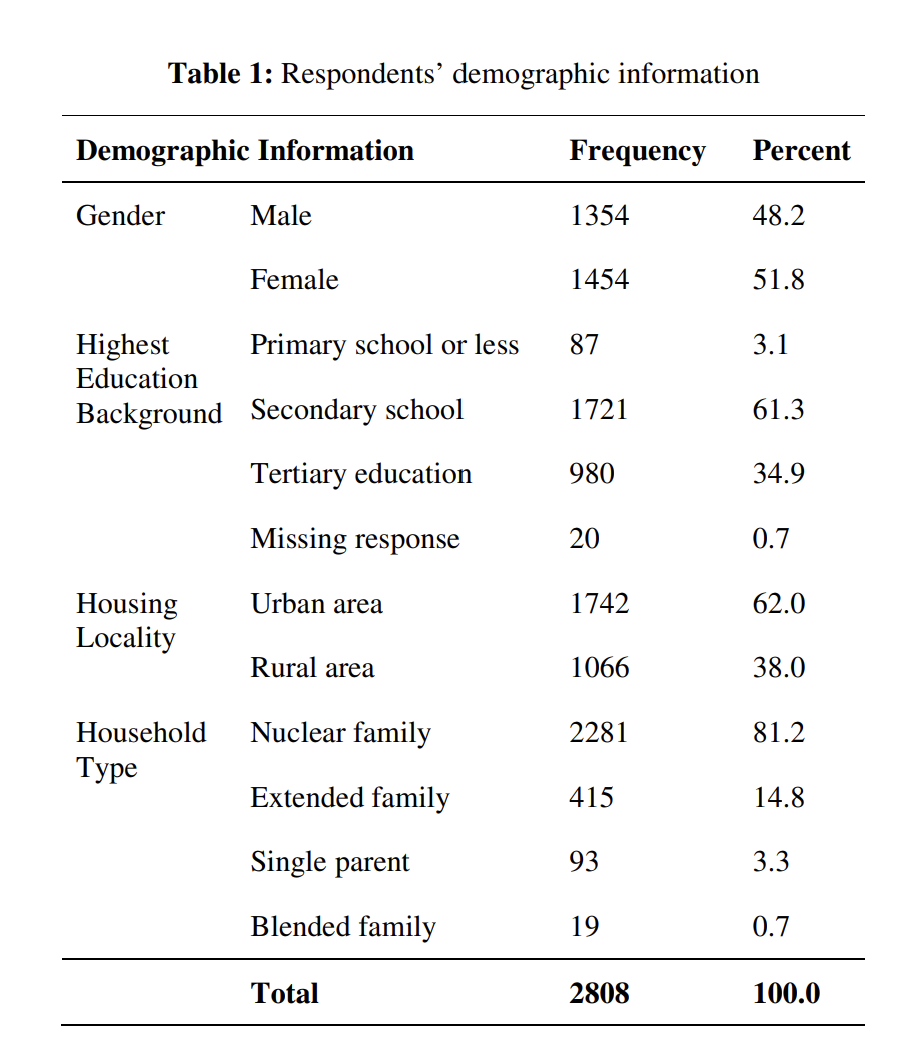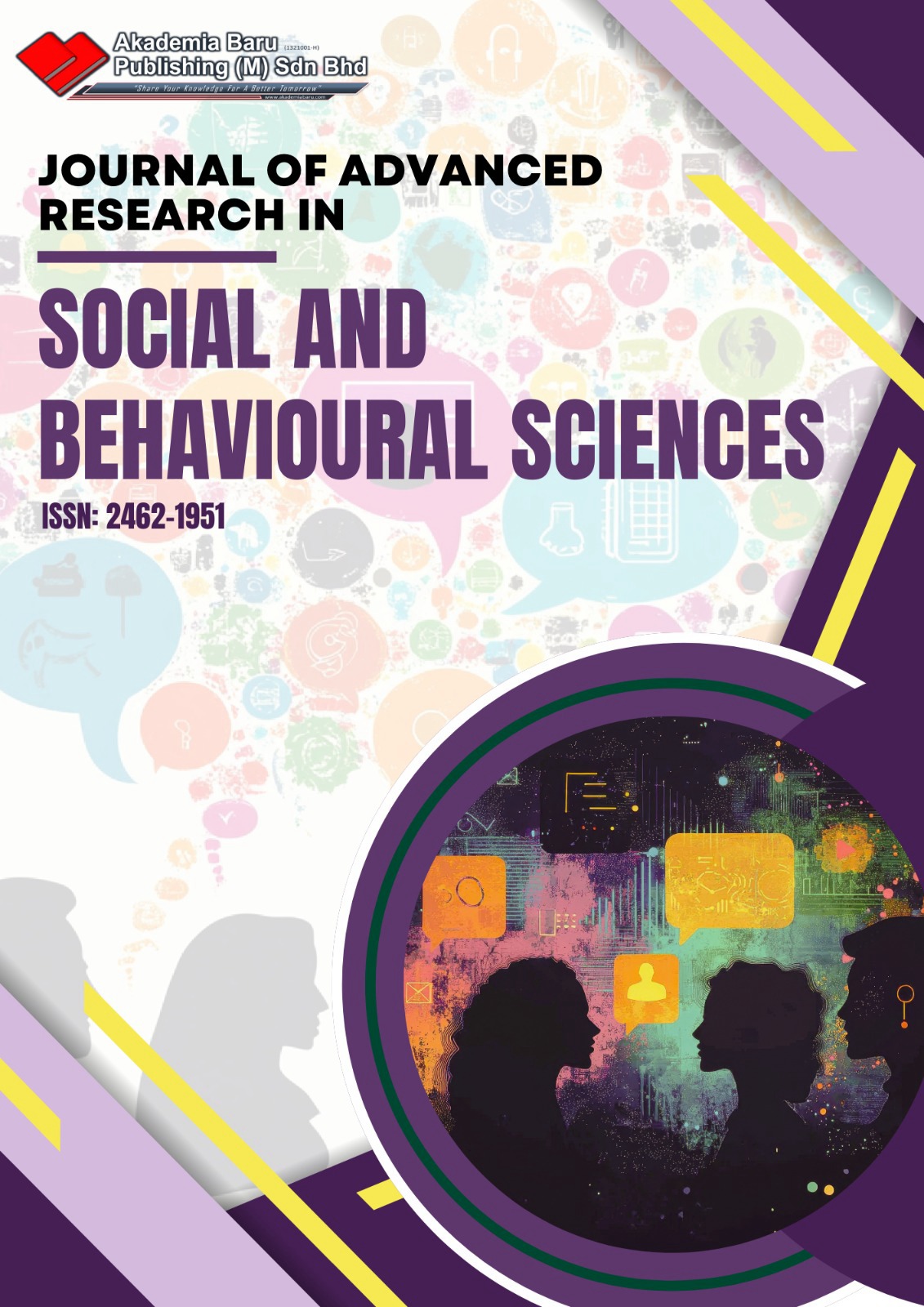A Measurement of Family Well-Being in Malaysian Adolescent: Demographic Differences
Keywords:
Family well-being, Adolescents, Socio-economic status, Socio-demographic, Family cohesion, Parental monitoring, Joint decision making, Parental support, Neighbourhood supportAbstract
This paper aims to examine the personal and social environmental factors known to affect the perceptions of subjective family well-being in Malaysian adolescents. A sample from 2808 households was drawn from the Family Well-being Index Survey conducted by National Population and Family Development Board (NPFDB) in 2011. In adolescent, the subjective measurement of family functioning, family economic status, neighbourhood support and family well-being are known to be moderately high but having positive low to moderate relationship. The subjective measurement of family well-being did not differ by gender, education background, housing locality and household type. adolescents’ family cohesion, family economic situation, and neighbourhood support predicted adolescents’ satisfaction with their family well-being. The overall findings of this study support the hypothesis about intrapersonal and interpersonal variables as better predictors of adolescent family well-being than family structure, family financial resources and adolescent living circumstances. Future research should focus on these relationships using longitudinal designs and include information collected from both adolescents and their parents.











